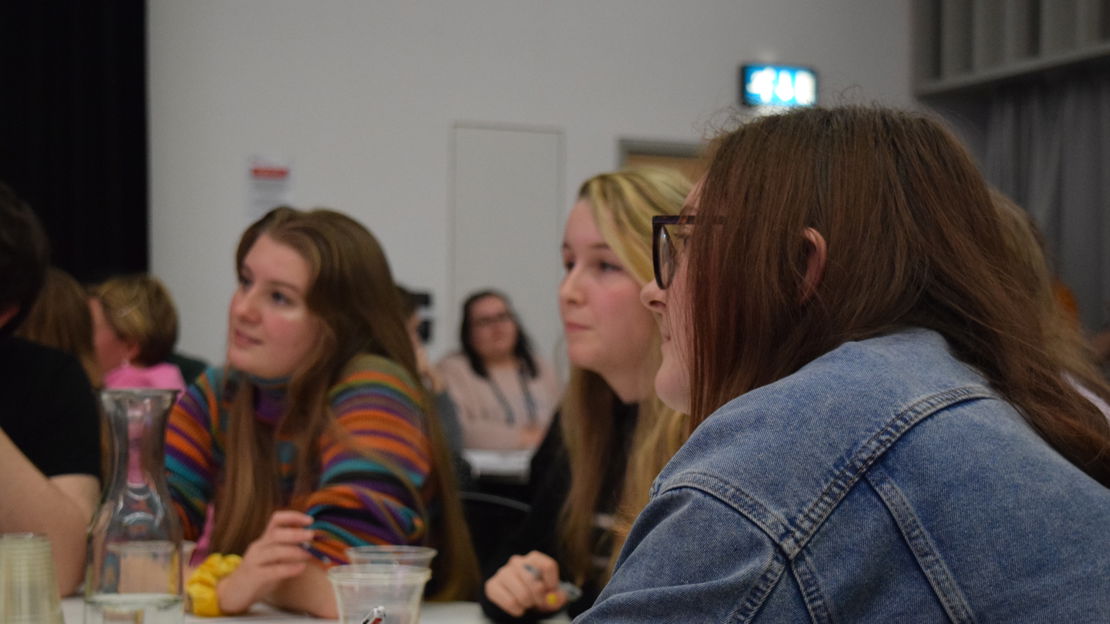This guide is intended for mentees, mentors and people running mentoring programmes. It relates to situations where a mentee or mentor may feel:
- Vulnerable
- Uncomfortable
- Uneasy
- Sure or unsure that the behaviour they have experienced is acceptable
This guide is for mentoring activities where the mentee is eighteen years or older.
Definition of safeguarding:
According to NHS, the definition of safeguarding is 'protecting a citizen’s health, wellbeing and human rights; enabling them to live free from harm, abuse and neglect. Safeguarding children, young people and adults is a collective responsibility'.
Based on the six principles of safeguarding identified by the Social Care Institute for Excellence this document aims to help people to:
- Know their responsibilities in protecting mentees and themselves
- Provide information on what is and what is not acceptable behaviour
- Signpost to further support and guidance
Good practice for all parties
- Use methods of contact that all parties feel are appropriate and they are comfortable using and ensure that contact is made at suitable times of the day and days of the week.
- Meet in a suitable venue where all parties feel comfortable. A public space is recommended. Never meet at a home address or somewhere where either party feels vulnerable or uneasy.
- Behave respectfully, professionally, ethically and legally at all times and within relevant boundaries eg cultural, social. Discussion of these boundaries should occur at the first meeting of mentor and mentee, to ensure all parties are aware of any requirements needed e.g. avoiding certain days and times.
- Have awareness of the relevant codes of conduct or ethical codes of professional bodies, eg The European Mentoring and Coaching Council, you will find further information at the end of this document. If you are a mentor or mentee and are unsure of these, please speak to the programme manager for your mentorship scheme.
- Know where and when to seek support and guidance and raise concerns in a timely manner. The ScreenSkills e-learning module on tackling harassment and bullying at work can help you recognise and address harassment and bullying behaviours and identify what to do about them.
- Do not use the personal data of someone else for any purpose other than that for which it was intended.
- Maintain appropriate levels of confidentiality (for what is spoken and written/electronic records) and know what is not confidential.
- Keep all personal data confidential. Comply with the Data Protection Legislation when processing any personal data relating to others, Data protection: The Data Protection Act - GOV.UK (www.gov.uk)
- Avoid knowingly discriminating on any grounds – be aware of unconscious bias and take a respectful and inclusive approach.
Check out this table where you can find guidance, steps and responsibilities for mentees, mentors and programme managers.
Further support and guidance
ScreenSkills training and resources
Tackling harassment and bullying at work
This online module is designed to help you recognise and address harassment and bullying behaviours in yourself and others.
Addressing unconscious bias: basic awareness in the workplace
This online module is designed to help you understand what unconscious bias is, how it might manifest itself at work and how to challenge your assumptions to promote greater diversity and inclusion.
The complete list of current free e-learning modules can be found on the ScreenSkills e-learning page. Other training may be found in the ScreenSkills training and opportunities directory.
Browse research, masterclasses, career maps and other useful information published by ScreenSkills and trusted partners on the information and resources page.
Film and TV Charity
Dealing with bullying and harassment
Recording your experiences and organising your thoughts
Spot is a tool that helps you to anonymously and confidentially record your experiences and organise your thoughts quickly and easily. It aims to help you to process what happened, and to save everything in one place, including emails, photos or screenshots in case you need it later on.
Bullying Pathway Advisor is free support for people who work in the film and TV industry, available through the Film and TV Support Line.
The anti-bullying resources directory gives details of other kinds of guidance and support available.
PACT
Understanding bullying and harassment
Call it!
Home | Call It! (callitapp.org)
Empowering everyone to monitor and prevent bullying, harassment and all forms of discrimination in the workplace. This is a simple app to download on which to record how you are treated at work. It is designed to support everyone and stop escalation.
Further resources
If you are working within a company know where you can seek advice and support, and who has responsibility for safeguarding issues. These may include your line manager, a mental health first aider or an HR manager.
To speak to someone, you can contact:
- The Film and TV Charity: 0800 054 0000
- Acas free confidential helpline: 0300 123 1100, or Text Relay 18001 0300 123 1100
- National Bullying Helpline: 0300 323 0169
Or for more help and immediate advice:
The European mentoring and coaching council code of ethics is a professional code of conduct for coaches and mentors. The code discusses the difficult issues, and difficult decisions, that often need to be made in coaching and mentoring practice. It provides a clear account of what behaviour is considered ethical, correct or right in the circumstances.
